All children and young people need support to help them learn. Some children and young people will require support that is additional to, or different from, that received by children or young people of the same age to ensure they benefit from education, whether early learning, school or preparation for life after school. There are many reasons why children and young people may need support to help them learn. Additional support needs can be both long- and short-term, or can simply refer to the help a child or young person needs in getting through a difficult period.
Who is additional support for?
Here is some important information to consider if you think your child might need additional support at school or nursery.
- A child is said to have ‘additional support needs’ if, for any reason, they need more, or different support to what is normally provided in schools or nurseries to children of the same age.
- Your child does not need to have a diagnosed condition to be entitled to additional support with their learning.
- Your child may need additional support at any time during their education. They may need it for a short period of time or all the way through early learning and childcare settings and school.
All children are different, and the support they require can vary. For example, support could include having 1 to 1 sessions with their teacher, or getting their classroom or learning materials adapted to be more accessible for them.
What should I do if I think my child needs extra support at school?
Children have a legal right to get additional support if it’s needed. Whatever your child’s needs and whenever they arise, everyone involved should try to identify them as early as possible and provide them with the support they need. If you have any concerns about how your child is getting on at school or you feel that they need extra help with their learning, the best thing to do is raise this with your child’s teacher as soon as you can.
Further information is available on the Parentzone Scotland and Enquire websites.
ADHD (attention deficit hyperactivity disorder)
ADHD affects concentration and behaviour. Symptoms include inattentiveness, hyperactivity and impulsiveness. Many children go through phases where they're restless or inattentive – this doesn't necessarily mean they have ADHD. However, you should consider talking to your child's teacher or your GP if you think their behaviour may differ to most other children their age. Remember, your child doesn’t have to be diagnosed with ADHD to get additional support at school. You can find out more about supporting children with ADHD on the Enquire website.
Further information
General information
Enquire – the national advice and information service for additional support for learning – has a number of publications with tips for parents and carers of children with additional support needs.
Parentzone Scotland has information about identifying and supporting additional support needs.
Reach is designed especially for children and young people to help them understand their rights to be supported and involved in decisions about their education and additional support.
The Scottish Government has published guidance to help improve the experiences of disabled children, young people, and their families.
Armed Forces Families
The Forces Children’s Education website has a lot of information for parents from Armed Forces families, including a section on additional support needs.
Autism
The Autism Toolbox is a free online resource developed to support the inclusion of autistic learners in Scottish Early Learning and Childcare settings, Primary and Secondary schools. You can also contact The Scottish Autism Helpline on 01259 222 022 for further advice and support.
Chronic conditions
Teapot Trust offers mental health support for children, young people and families living with chronic conditions by delivering art therapy. Their Art at Home resources page has art videos, relaxation exercises and colouring sheets to download, and they also offer online art therapy sessions.
Complex additional support needs
If your child has complex additional support needs, you can access a bank of parent-friendly resources put together by Education Scotland, working with a group of Head Teachers. This includes:
- learning resources for you to use with your child at home
- guidance and resources to help you understand and support your child with their learning.
You can access these resources here.
Dyslexia
Dyslexia Scotland offers advice for parents and young people – you can download leaflets on a range of topics here. The Dyslexia Unwrapped website offers information and support for young people aged 8 to 18+, including advice on studying. You can also call the Dyslexia Scotland helpline on 0344 800 84 84.
Hearing loss
British Deaf Association helps Deaf people access information, services and support in their preferred language to have the same opportunities to achieve the same life outcomes as anyone else. Further information can be found on their website, Facebook page and on Education Scotland's Parentzone Scotland.
British Sign Language (BSL) users can get in touch using Contact Scotland BSL which is a Scottish Government service that connects Deaf BSL users across Scotland with all of Scotland’s local authorities, voluntary organisations and the private sector.
Learning disabilities
CALL Scotland provides information and resources to help children and young people to overcome barriers to learning.
Salvesen Mindroom have developed a toolkit to support children and young people with learning disabilities, their families and school staff with preparations for transitioning back to school.
Sensory behaviour
Download a guide on how to deal with challenging sensory behaviour here.
Speech and language support
I CAN gives parents and carers the information they need to help children develop their speech, language and communication skills.
Free materials
If you’re looking for some helpful materials to use at home, here are some organisations that can help:
- Books For All offers free online text books for learners with a print disability.
- Singing Hands offers resources in Makaton.
- Flamingo Chicks offers free accessible dance classes to keep disabled children moving. Linked to the national curriculum, the classes are Makaton signed and with adaptations throughout and include ways you can support children with limited mobility.
 Activities & Play
Activities & Play Behaviour
Behaviour Childcare
Childcare Development & Growing Up
Development & Growing Up Family, Friends & Relationships
Family, Friends & Relationships Feeding Your Baby
Feeding Your Baby Food & Eating
Food & Eating Health & Safety
Health & Safety Mental Health & Wellbeing
Mental Health & Wellbeing Money & Work
Money & Work Online Behaviour & Safety
Online Behaviour & Safety Pregnancy & First Days
Pregnancy & First Days School & Education
School & Education Sleep
Sleep

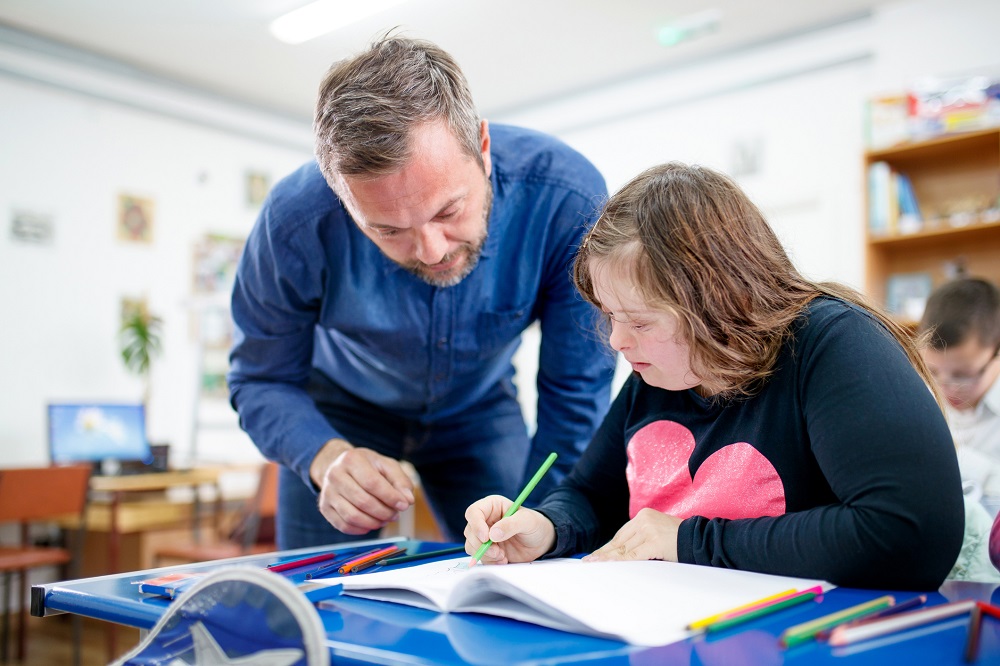
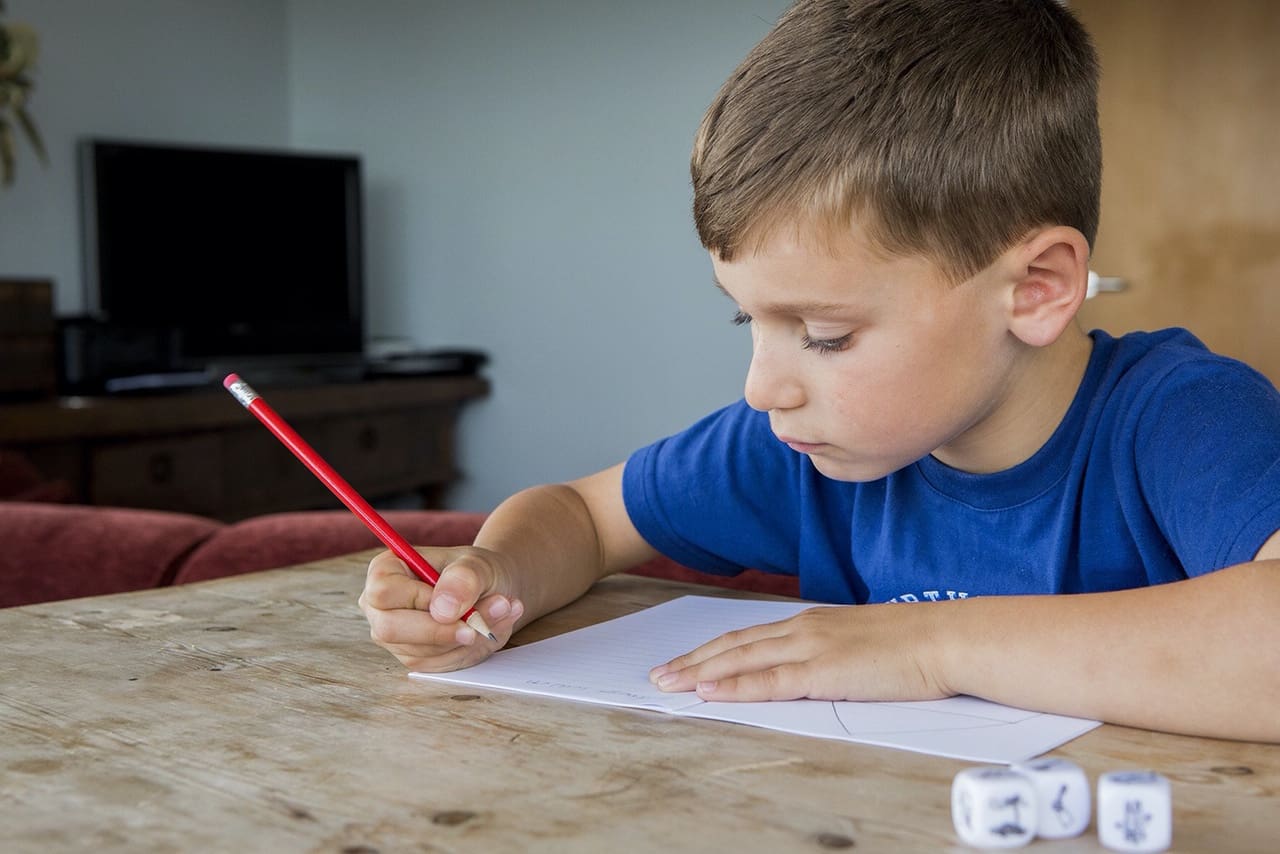

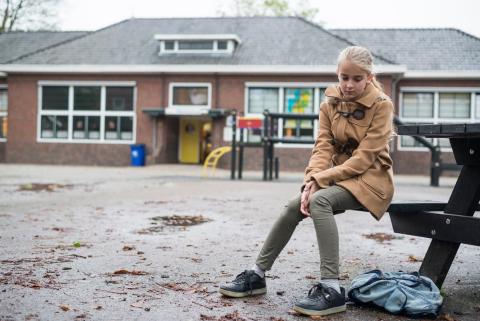
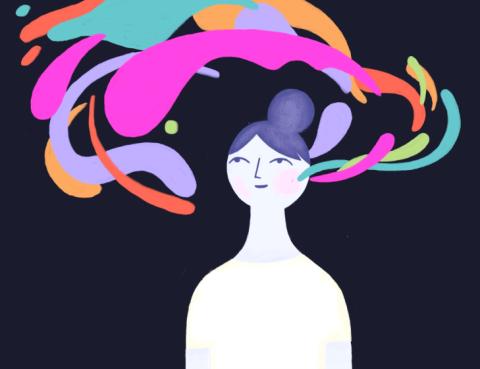
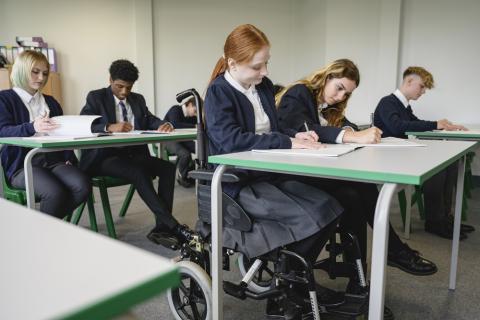

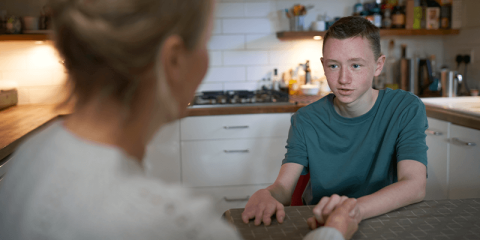
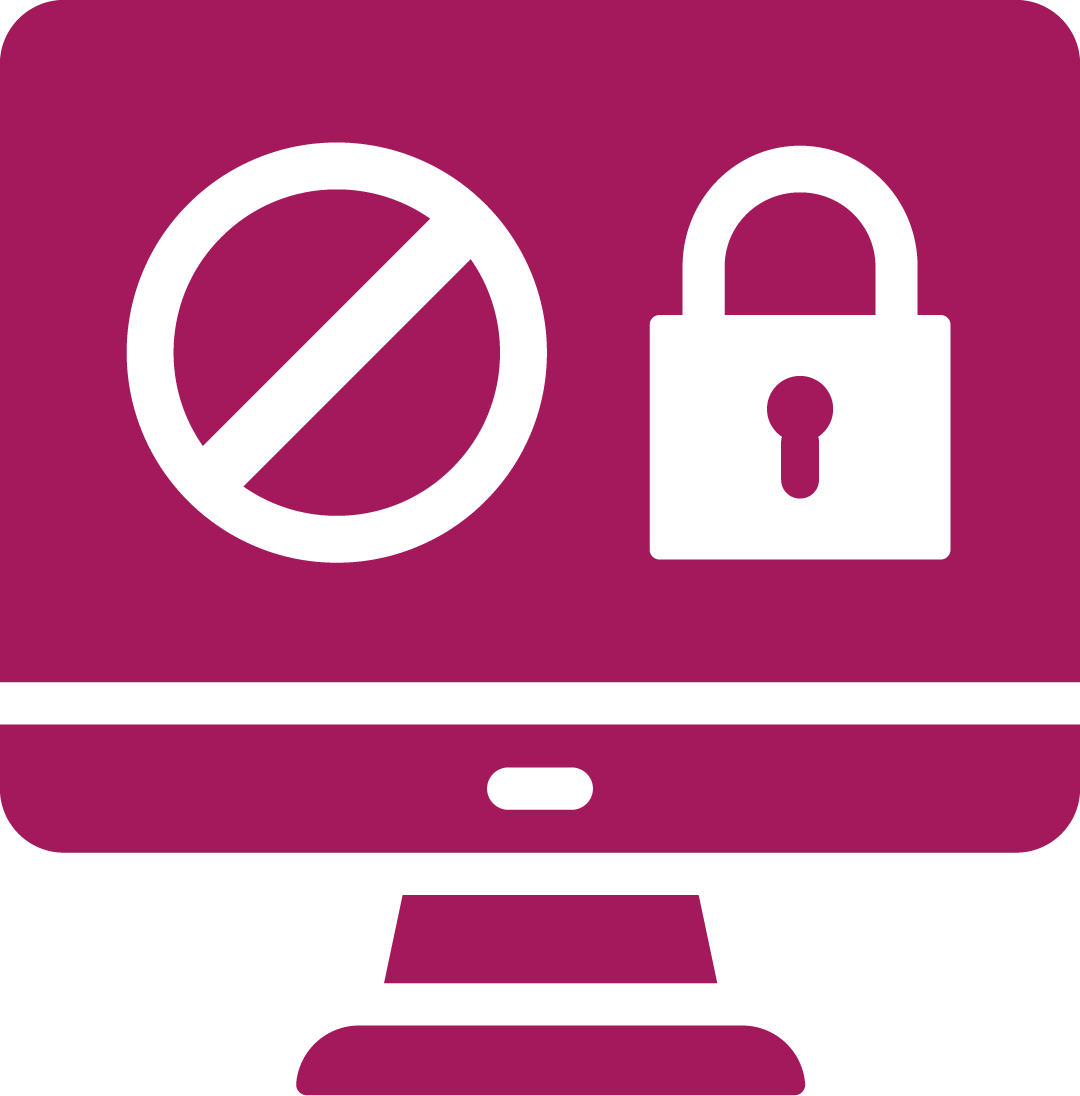 Online Behaviour & Safety
Online Behaviour & Safety
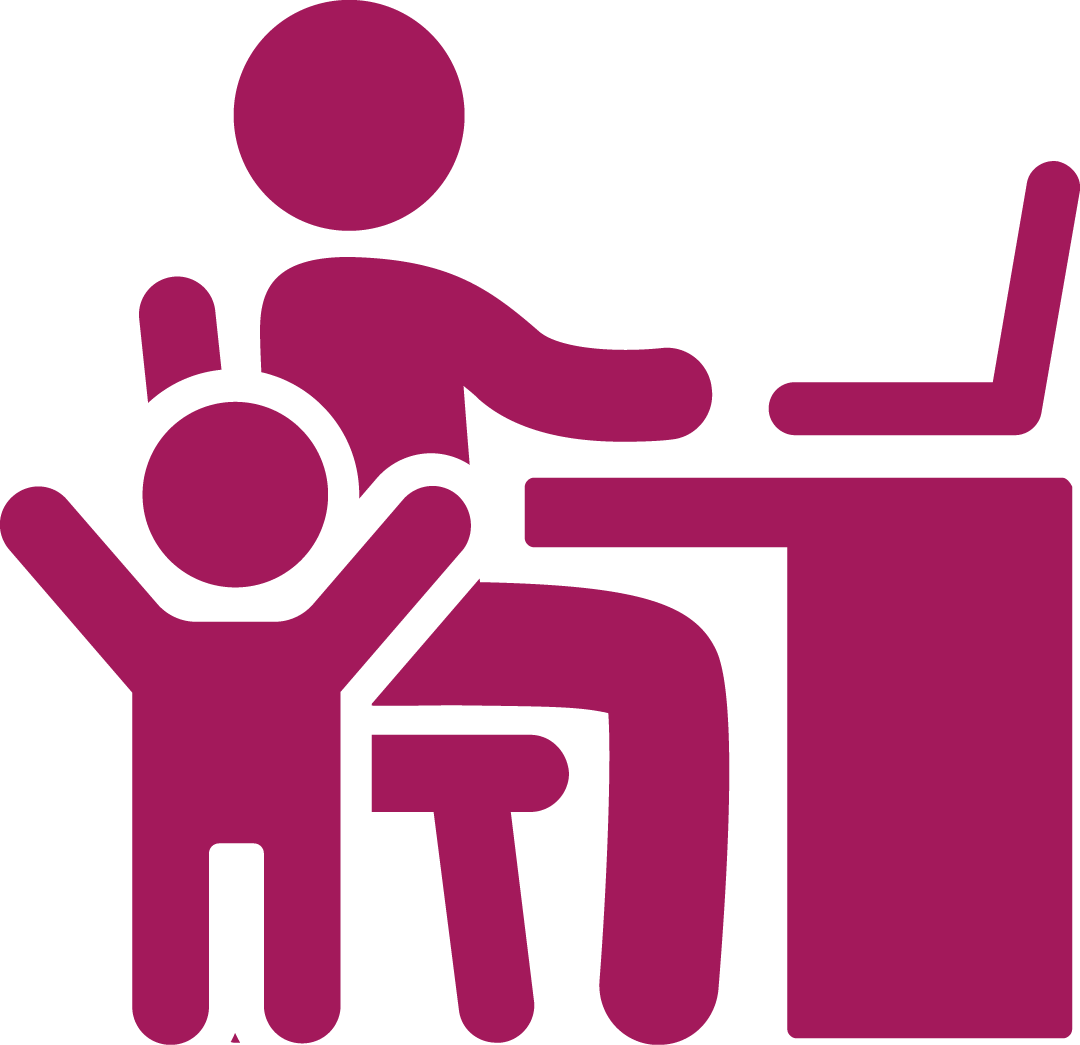 Childcare
Childcare